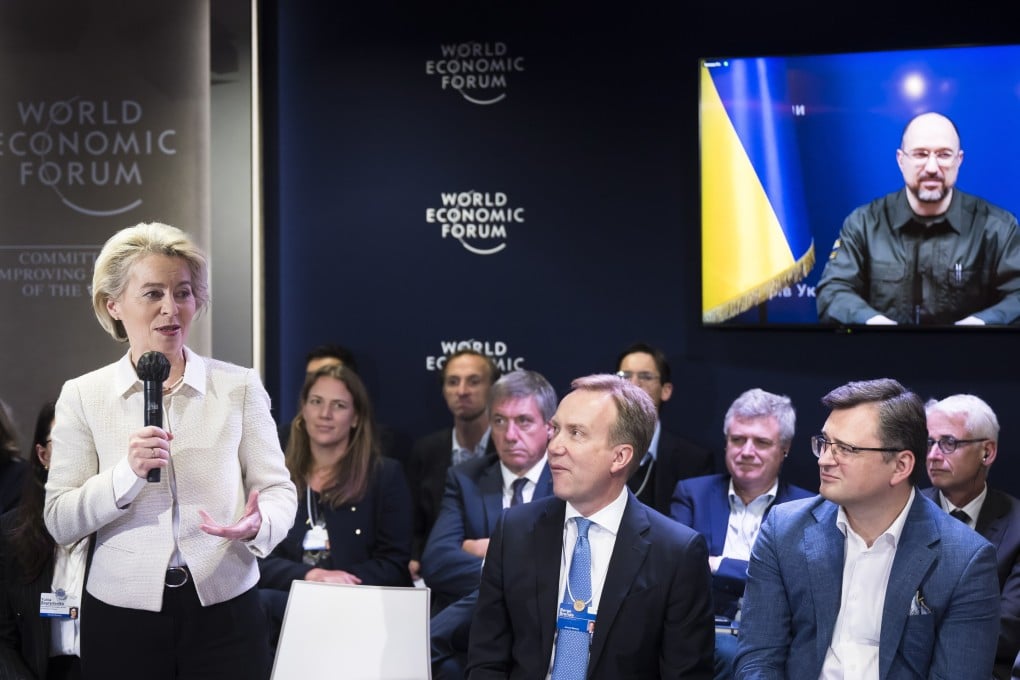Asian Angle | Davos shows Southeast Asia must increasingly look out for its own interests
- Global gatherings like the World Economic Forum are increasingly providing less and less leadership on the problems faced by the wider global south
- How can it be a ‘world’ economic forum when the concerns of Asia, which will contribute 60 per cent of global growth by 2030, are disregarded?

Davos, the Alpine resort thronged by the gilded crowds of the World Economic Forum (WEF), is a bacchanal that now seems antiquated, if not obsolete.
Still, watching the crowds from the sidelines, I cannot help but feel the 2022 edition – with its lavish dinners, corporate pavilions and chalets – is a sort of fin de siècle, an end of an era, that was set in motion by Covid-19 and other events.
The Swiss retreat was first made famous by Nobel Prize winner Thomas Mann, whose 1924 novel The Magic Mountain depicted imperial Europe in all its decadent glory just before the cataclysm of WWI.
Now, again from Davos, one can see the portents of an end an age as the neoliberal globalisation that has characterised the past four decades teeters on the brink of collapse.
The WEF, whose annual flagship conference Davos has hosted since 1971 (except in 2002 when it was moved to New York in solidarity after September 11), was once a haven for the elite, to debate and set the global agenda. It’s like the sanatorium in The Magic Mountain that the protagonist Castrop encounters, filled with Europeans from a host of backgrounds and traditions.
But after 40 years under the economic policies launched by Ronald Reagan and Margaret Thatcher, the sense that growth and stability would bring democracy, peace and prosperity is now looking wrong-headed and naive. We are entering a world of menace and distrust.
The Russians (especially the oligarchs) are unsurprisingly absent. The “Russia House” building in Davos is now occupied by Ukrainians and renamed the “Russian War Crimes House”.

